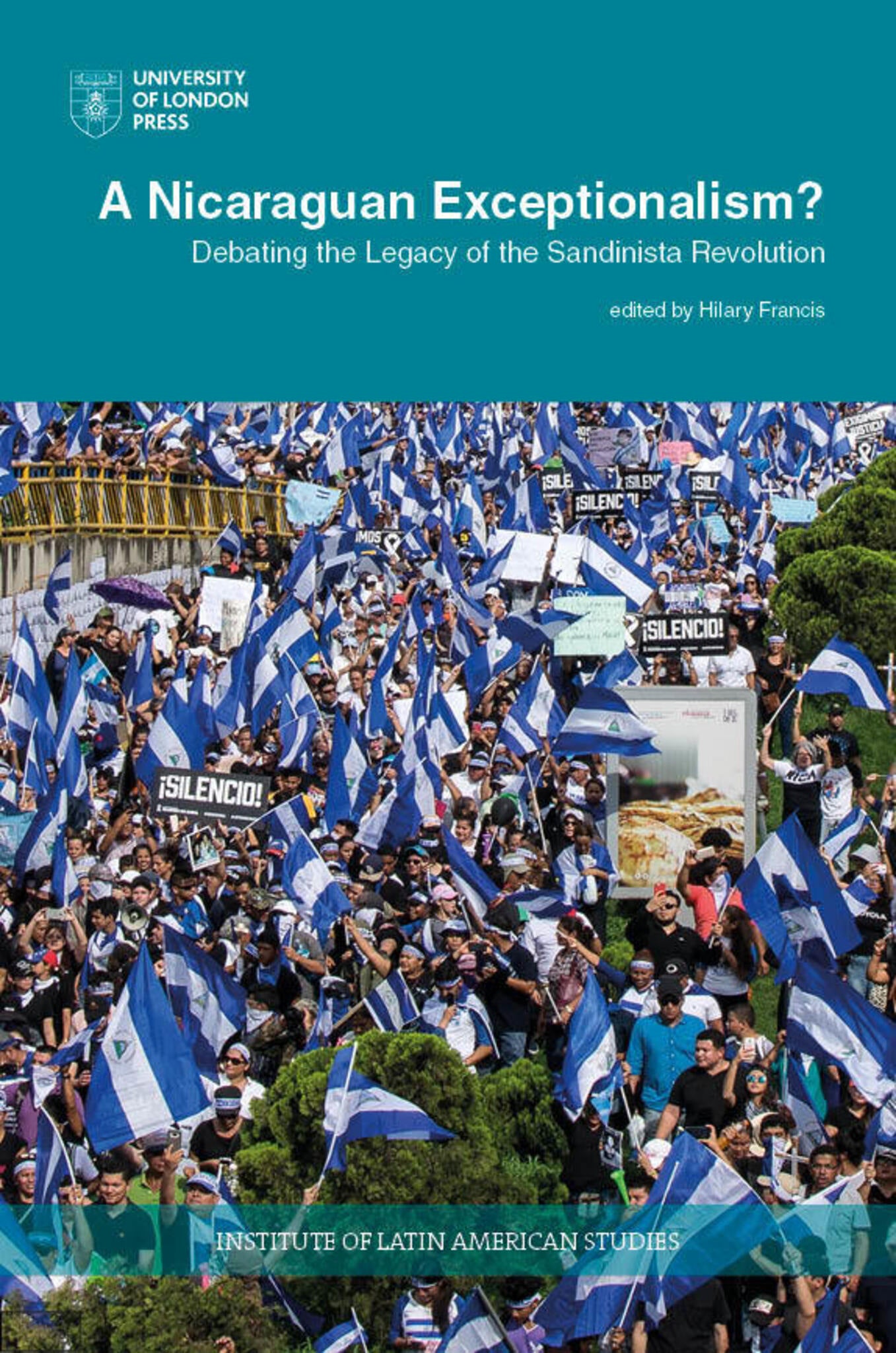We're sorry. An error has occurred
Please cancel or retry.
A Nicaraguan Exceptionalism?

Some error occured while loading the Quick View. Please close the Quick View and try reloading the page.
Couldn't load pickup availability
- Format:
-
24 February 2020

In recent years, child migrants from Honduras, Guatemala and El Salvador have made the perilous journey to the United States in unprecedented numbers, but their peers in Nicaragua have remained at home. Nicaragua also enjoys lower murder rates and far fewer gang problems when compared with her neighbours.
Why is Nicaragua so different? The present government has promulgated a discourse of Nicaraguan exceptionalism, arguing that Nicaragua is unique thanks to the heritage of the 1979 Sandinista revolution. This volume critically interrogates that claim, asking whether the legacy of the revolution is truly exceptional. An interdisciplinary work, the book brings together historians, anthropologists and sociologists to explore the multifarious ways in which the revolutionary past continues to shape public policy – and daily life – in Nicaragua’s tumultuous present.

HISTORY / Latin America / General, History of the Americas, SOCIAL SCIENCE / Sociology / Urban, HISTORY / Modern / 20th Century / General, HISTORY / Modern / 21st Century, LANGUAGE STUDY / Spanish, Revolutionary groups and movements

Introduction: exceptionalism and agency in Nicaragua’s revolutionary heritage
Hilary Francis
1. ‘We didn’t want to be like Somoza’s Guardia’: policing, crime and Nicaraguan exceptionalism
Robert Sierakowski
2. ‘The revolution was so many things’
Fernanda Soto
3. Nicaraguan food policy: between self-sufficiency and dependency
Christiane Berth
4. On Sandinista ideas of past connections to the Soviet Union and Nicaraguan exceptionalism
Johannes Wilm
5. Agrarian reform in Nicaragua in the 1980s: lights and shadows of its legacy
José Luis Rocha
6. The difference the revolution made: decision-making in Liberal and Sandinista communities
Hilary Francis
7. Grassroots verticalism? A Comunidad Eclesial de Base in rural Nicaragua
David Cooper
8. Nicaraguan legacies: advances and setbacks in feminist and LGBTQ activism
Florence E. Babb
9. Conclusion: exceptionalism and Nicaragua’s many revolutions
Justin Wolfe



